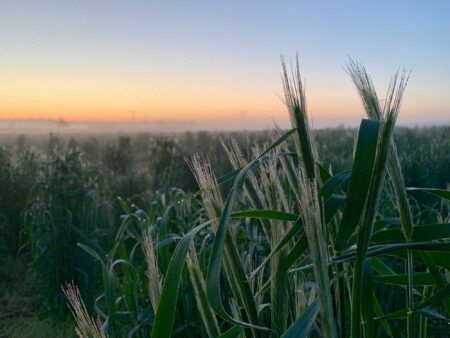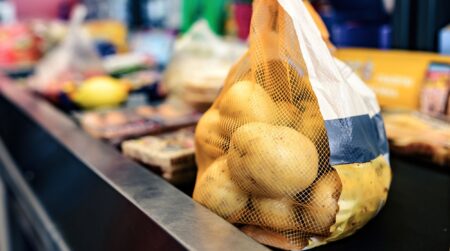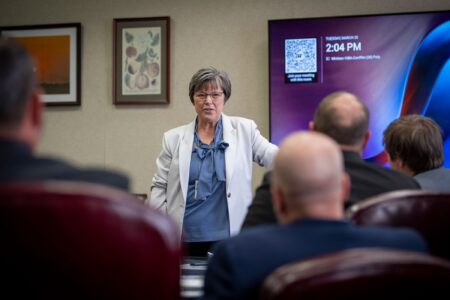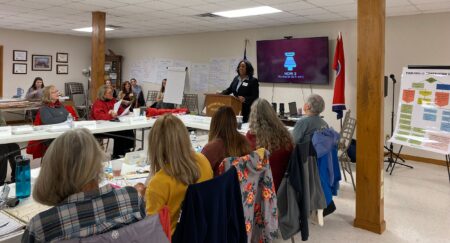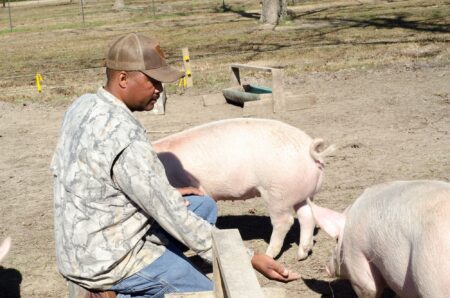Politics today is exhausting. I don’t enjoy talking about it, and I will never publicly share my personal political opinions. Frankly, I don’t care if someone leans left or right. We’re called the United States of America, yet we’re more divided than ever. And when it comes to food, farming, and global food security, this division — coupled with misinformation and fear-based rhetoric — is becoming dangerous.
Take Donald Trump, for example. In 2016, I actually spoke at a couple of the same conferences he attended. Back then, I remember feeling like he was genuinely pro-agriculture. He showed up for our industry — he came to events like the American Farm Bureau Federation’s annual convention and seemed to understand the importance of supporting farmers. There were people in place who truly cared about agriculture, and whether you liked him or not, many in the farming community appreciated that presence.
Fast-forward to 2024, and it feels so different. I don’t understand what’s going on with some of the people he’s putting in leadership roles, and honestly, it’s terrifying. This shift isn’t just about one political figure, though. Across the board, politicians and public figures — many of whom have never stepped foot on a farm — are making decisions and statements about agriculture that could have catastrophic effects.
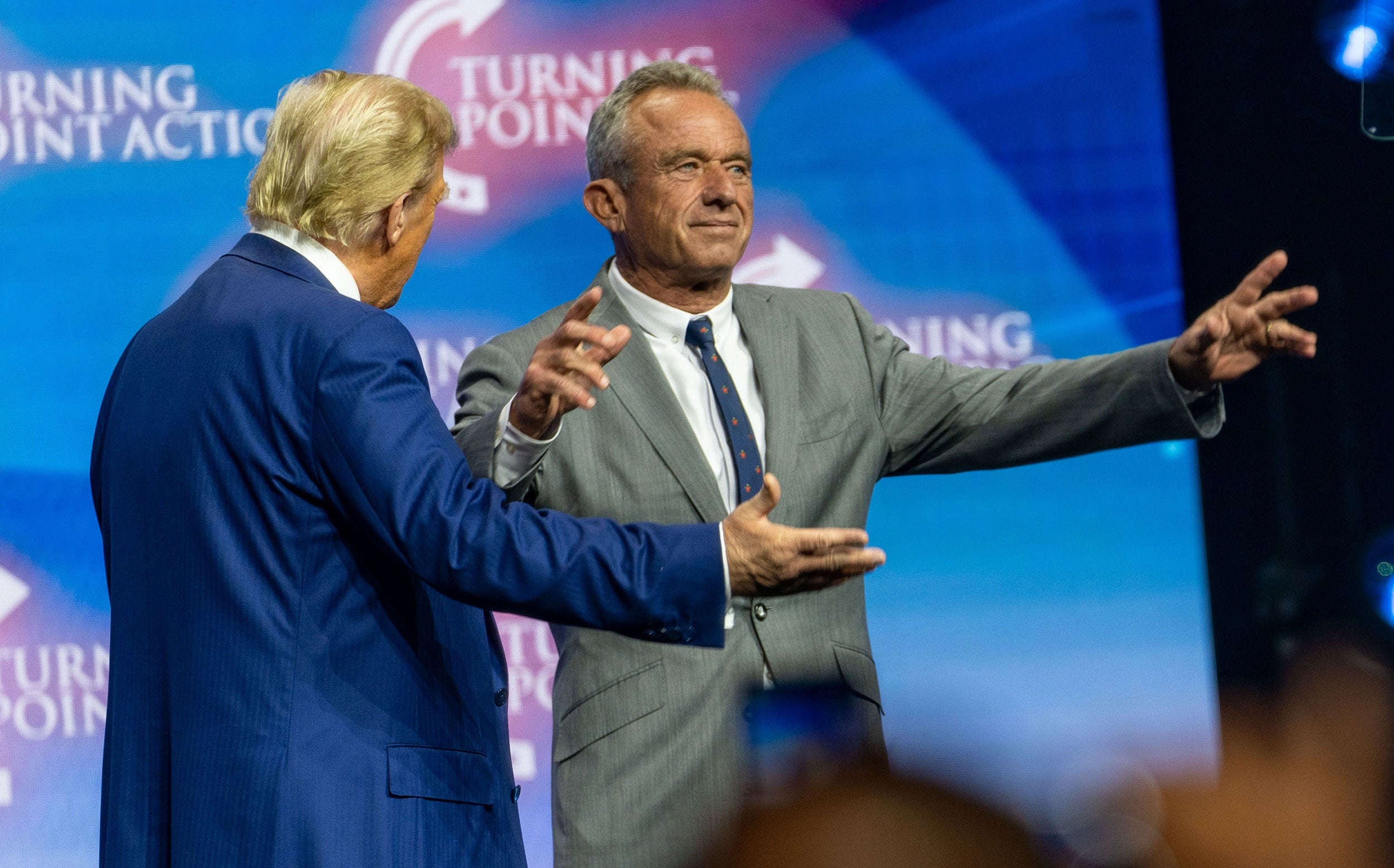
The food fear machine
Not the least among these recent figures is RFK Jr. I’ve seen people hail him as some kind of hero for advocating to remove red food dyes from certain foods. Sounds noble, right? Except it’s not quite what it seems. This is the same tactic we’ve seen from charlatans like the Food Babe, who claims victory for pressuring companies to change ingredients when, in reality, those companies were already working on those changes long before she showed up.
I recently spoke with executives at Frito-Lay and PepsiCo, and guess what? They confirmed they’ve been working on these kinds of ingredient adjustments for years — without the influence of online fearmongering. Reformulating a well-known food product isn’t as simple as swapping out one ingredient. There are extensive layers of food safety checks, sourcing logistics, flavor consistency tests, regulatory reviews, and legal considerations. It takes time and precision. But when someone like Kennedy or the Food Babe makes noise online, they capitalize on that timeline, swooping in at the finish line to take credit and build their “hero” narrative.
Why? Because fear sells. The wellness industry — the one promoting “clean,” “natural,” and “non-GMO” everything — is a multi-trillion-dollar empire. It’s no less profit-driven than the agriculture sector they vilify. Big Ag is an easy target for fear-based marketing, but “Big Supplement” has just as much — if not more — skin in the profit game.
The louder they scream about conventional farming being “toxic,” the more products, supplements, and alternative foods they sell.
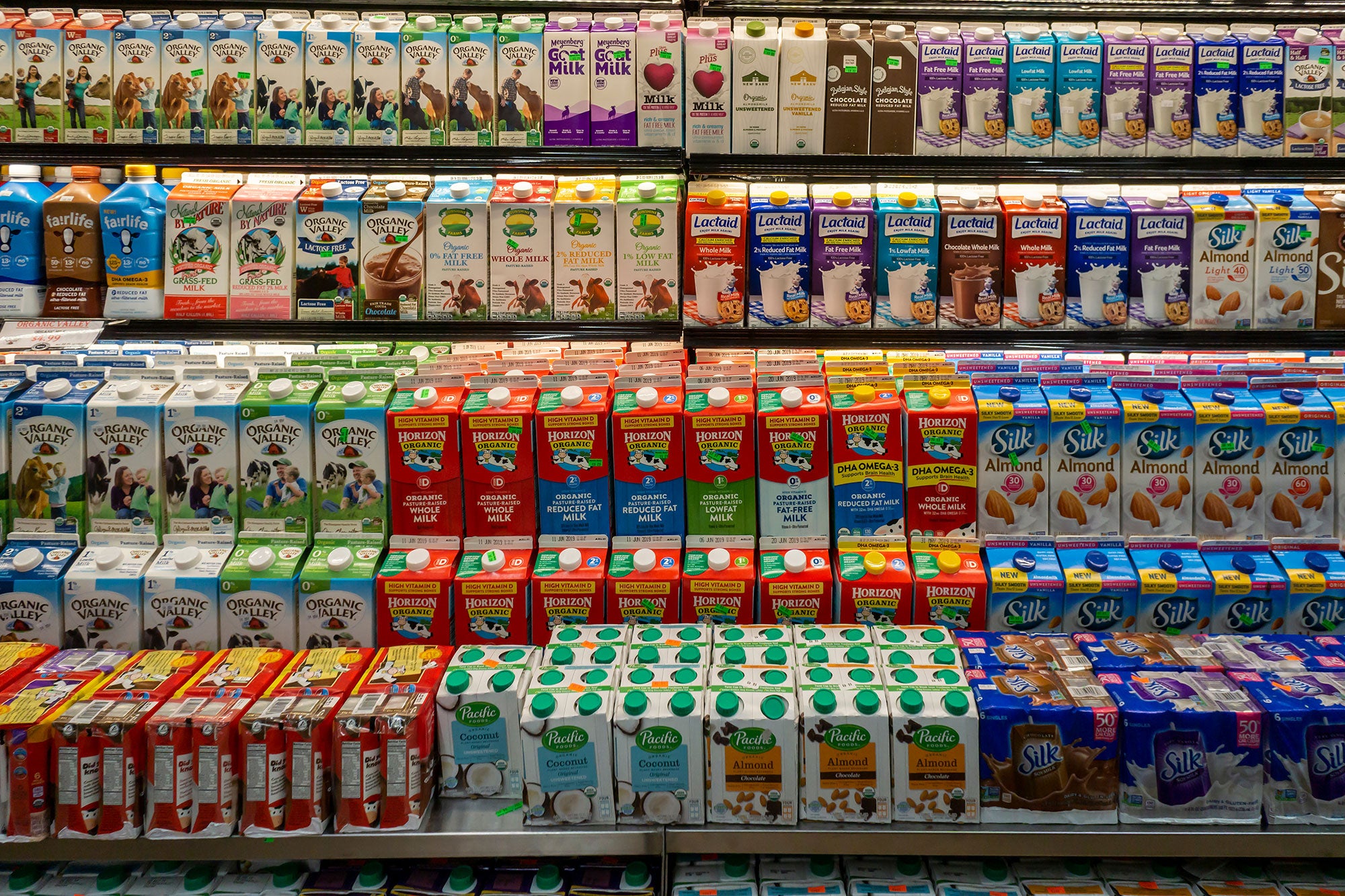

Loud doesn’t mean correct
The most dangerous part? People assume that loud voices must be correct voices. Just because someone has a massive platform doesn’t mean they have a clue about farming. Most of these people wouldn’t know a combine from a cotton picker.
Yet they’re influencing policies that could cripple our ability to feed the world.
Politicians and influencers who demonize modern farming often advocate for regulations that remove the very tools farmers rely on — tools like crop protection products, seed treatments, and fertilizers that have been rigorously tested and approved for safe use. They push for restrictions without understanding the science or the consequences.
And who suffers? Farmers. The ones growing the food we all eat. The ones trying to maintain yields, protect the environment, and stay in business despite rising costs and shrinking margins.
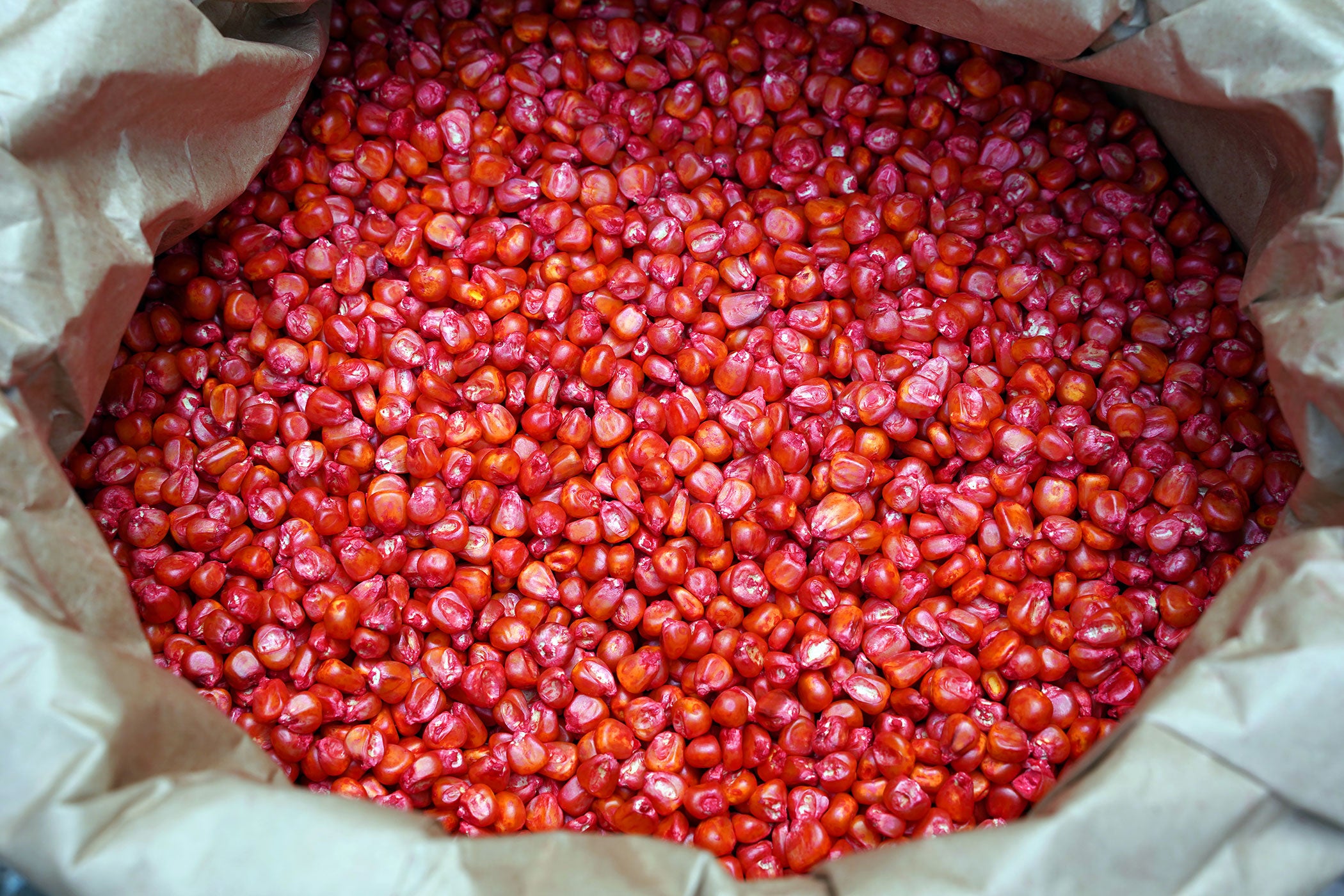

We can’t afford to stay silent
Here’s the bottom line: Agriculture makes up less than 2 percent of the population, but we produce food for 100 percent. If we don’t step up and speak out, politicians and fearmongers will fill that vacuum with misinformation. We need to invite people — including those who distrust modern farming — to visit farms, ask questions, and learn from us directly.
Food security isn’t a partisan issue. It’s a human issue. If we continue to let divisive politics and internet-driven fear dictate agricultural policies, we risk losing the farms that sustain us.
It’s time to set aside politics, stand together as a united agricultural community, and reclaim the narrative before it’s too late. Because if farmers can’t farm, we all lose — regardless of political affiliation.
Michelle Miller, the Farm Babe, is a farmer, public speaker, and writer who has worked for years with row crops, beef cattle, and sheep. She believes education is key in bridging the gap between farmers and consumers.


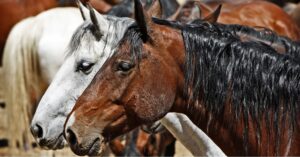
:max_bytes(150000):strip_icc()/100878810_soybeans-81138ad0d09c423183fd2d723d880346.jpg)
:max_bytes(150000):strip_icc()/54429057588_a39826752f_o-52dc924c85ca4c91b354f9c80af511d8.jpg)


